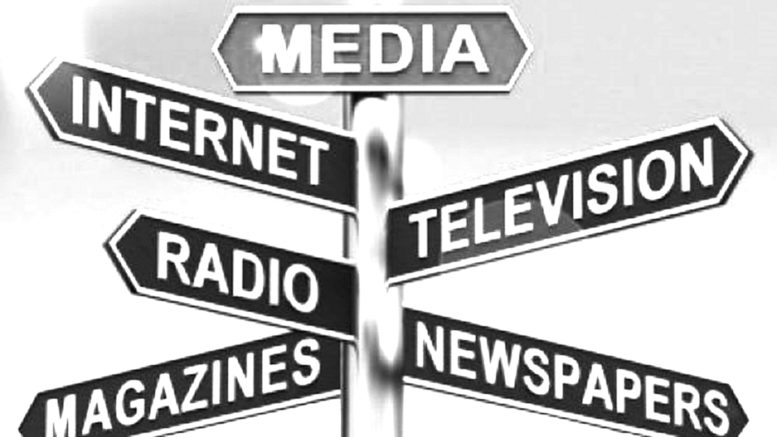It is in my opinion correct and proper to admit that certain types of Islam are a problem for the West, especially as these problematic types of Islam are now in the West rather than outside it. We should be concerned about the threats and potential threats to our lives and security that certain forms of Islam have brought. However that does not mean that we should not utter praise when Islamic nations turn towards peace and coexistence rather than side with violent jihad and religious imperialism.
One nation in the Islamic world that should be praised for embracing the Derech Ha Shalom, the road of peace, is Abu Dhabi, which is part of the United Arab Emirates. This nation has fully embraced the idea that the cause of peace in the Middle East is best served by putting aside historical hatreds for the State of Israel and realising that they have common interests with the Israelis.
A good and praiseworthy example of how Abu Dhabi has embraced peace is illustrated by a piece I read recently in Commentary magazine about how the Jewish community in this Arab land is becoming an increasingly normalised part of that country. The article by Rabbi Meir Soloveichik is about a Jewish wedding that took place in Abu Dhabi and which was attended by both local and overseas Jews as well as Arabs from all strata of society of the United Arab Emirates, including representatives of the ruling Royal Family of the Emirates.
Rabbi Soloveichik said:
It was a video that went viral in the Orthodox Jewish world. Levi Duchman, a young Chabad rabbi ministering to the growing Jewish community in the United Arab Emirates, was married to Leah Hadad in the middle of September, one week before Rosh Hashanah. The ritual was traditional, and Hasidic, and centered, like all Jewish weddings, around a chuppah, a wedding canopy. But the occasion was, from a historical perspective, extraordinary: It was held in Abu Dhabi, the 1,500-person guest list made up of both Jews and Arabs, including Emirati royalty, with rabbis arriving from Israel, America, and Morocco. It was the largest Jewish event ever held in the Gulf Region.
One video captures a moment after the chuppah ceremony: the dancing with the groom in which all engage. As Jewish music is played and sung, we see Rabbi Duchman, a Hasid clad in kapote and black hat, dancing in the center of the circle with an Emirati Arab guest, wrapped in his own traditional white thobe and headdress, with similarly clad Hasidim and Arabs surrounding them, holding hands and revolving to the rhythm, the white robes and black frocks blending together, creating a moving mosaic of friendship and faith. When the video was first sent to me, I stared at it. Had I seen it 10 years ago, I would have assumed that it was a scene from a movie comedy, so incongruous did the pairings seem. Yet the video is real, the scene is real, the warmth and the joy of all those dancing together are real. And the date for the wedding was deliberately chosen by bride and groom: September 15, the second anniversary of the signing of the Abraham Accords.
The Rabbi is correct. Ten years ago this sort of event with Arabs attending a Jewish wedding in an Arab country would have seemed absolutely impossible. It might have been something that many people might have prayed for, but few thought that it would become reality in their lifetimes.
The Abraham Accords have been the best thing in Middle East politics for decades, possibly since the Camp David Accords in the late 1970’s when Israel’s premier Menachem Begin and Egyptian leader Anwar Sadat, sat down with then US President Jimmy Carter and pledged to work for peace. Since then, no matter what else has gone in in the Middle East and despite there being tensions in the region, there has not since been open war between Egypt and Israel.
The Camp David Accords were the triumph of President Carter’s time in office. No matter that he failed in so many other areas and despite the mismanagement of the US economy that led voters to choose Ronald Reagan instead of Carter at the end of Carter’s first and only term in office, the Camp David agreements were what Carter should be remembered for.
But just as the Camp David Accords are the good stuff that President Carter is remembered for so will the Abraham Accords be seen in the future and by some of us in the present time, as President Donald Trump’s triumph. It was the Trump White House that facilitated and pushed for the Abraham Accords and which has brought peace and understanding between two nations who were once strongly opposed to one another.
However just like ex-President Carter who is mostly remembered these days for the poor economic conditions under his watch, the intensification of the Cold War and the disaster of the failed attempt to rescue American hostages held by Iranian revolutionaries, Trump is not being given proper credit in the wider world for the peace his administration brought to two countries that were once hostile to one another. Ex-President Trump may be currently remembered for similar negatives although many recognise that the US economy was much more sound and secure under President Trump than under President Biden. Trump is remembered so far for the unusual style of his Presidency, his outspokenness, the devotion that he inspires in his supporters and the complete and utter derangement of his critics. Personally I believe that President Trump and his administration deserve to be remembered for much more than the mud slung at him by his opponents. The fact that he could broker a peace between the UAE and Israel and it be a lasting and respectful peace is something that should be celebrated and recognised.
It took Trump, the political equivalent of a bar room fighter, to bring peace where once was enmity and to do what so many decades of US foreign policy orthodoxy had clearly failed to do. The Abraham Accords were Trump’s great foreign policy success and I fail to see how President Biden can achieve anything as great as helping to bring peace to a troubled region of the world.




